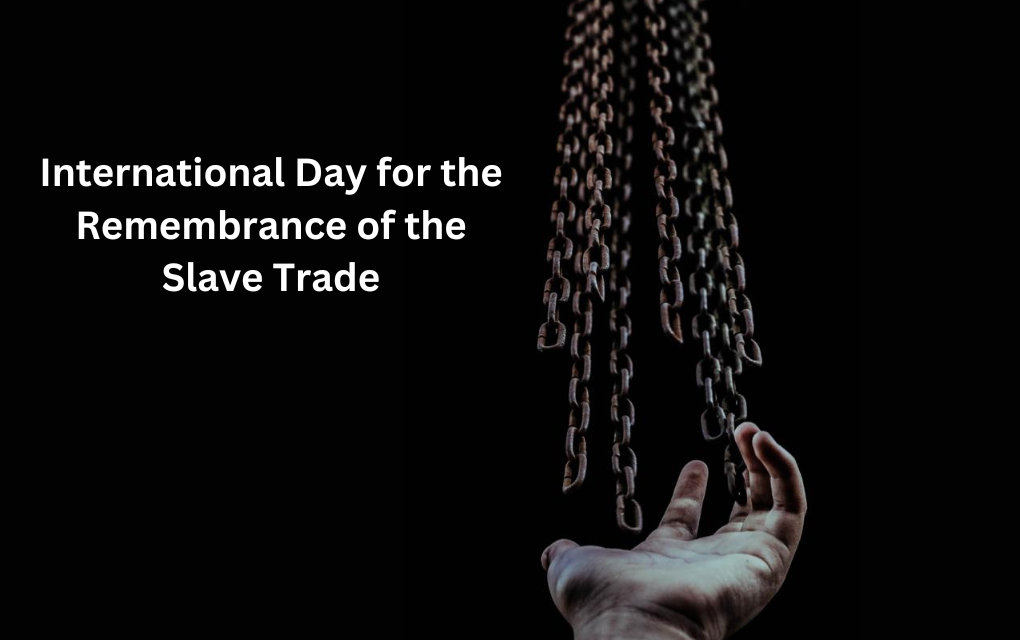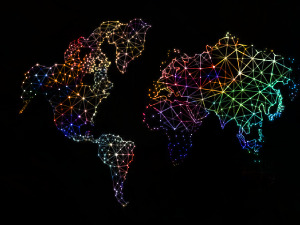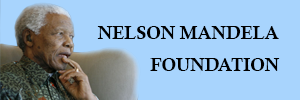International Day for the Remembrance of the Slave Trade and its Abolition
Slavery has a long history that crosses cultures, countries, and faiths; its victims come from a variety of racial and religious backgrounds. Throughout history, various social, economic, and legal positions have been held by people who were enslaved. While there were rare cases of servitude among hunter-gatherer cultures, agrarian societies’ complexity made widespread chattel slavery possible.
Slavery had already been institutionalized by the time Mesopotamian civilizations like Sumer emerged circa 3500 BC, as shown by the Mesopotamian Code of Hammurabi dated about 1750 BC. There was a high frequency of slavery in places including Europe, Asia, the Middle East, and Africa. Christians and Muslims continued to enslave one another over the ages as a result of conflicts in the Mediterranean and Europe. From the 7th to the 20th centuries, Western and Central Asia, Northern and Eastern Africa, India, and Europe were all affected by Islamic slavery.
European traders started the transatlantic slave trade in the 16th century, and it had a big impact on history. They transported enslaved Africans to the Americas after purchasing them from West African nations. The need for products like guns drove the trade, which resulted in conflicts and the growth of slavery. Slavery survived throughout the modern age despite efforts to eradicate it. Millions of individuals are still impacted by human trafficking, which is still a major problem, particularly in areas where there are active armed conflicts. With an estimated $150 billion in yearly profits, modern slavery continues to exist in many forms in the twenty-first century, affecting millions of people, including children, through forced labor, sex trafficking, and other forms of exploitation.
Any type of slavery is unacceptable to Freemuslim. We in Freemuslim condemn both historic and modern slavery.
What is modern slavery, one could wonder. Both contemporary slavery and historical slavery allow one person to be superior to another and give that superior person the power to control another person’s actions and fate. Allah made us all equal; what distinguishes us is what we do. No human being should be able to decide for another human being what they should do, how they should live, or what beliefs they should hold.
Unfortunately, there are certain nations that permit workers from the working class to enter and work there, but the host nation treats them like slaves. They make less money than people living in the host nation. They are subject to different laws than the country’s citizens, and actions carry significantly harsher penalties. It is contemporary slavery. Sadly, some nations practice these laws and regulations and among them some Islamist countries. But the important point is that Islam seeks to elevate humanity and grant each person freedom of action within the bounds of the law as well as to encourage peaceful cooperation rather than a life based on fear.











